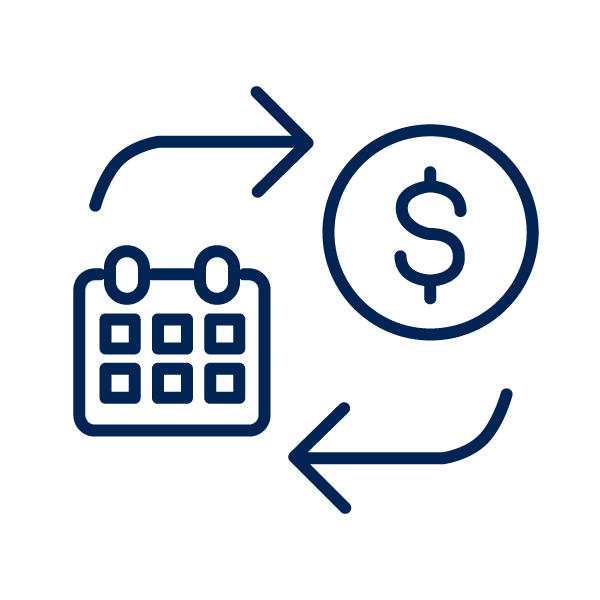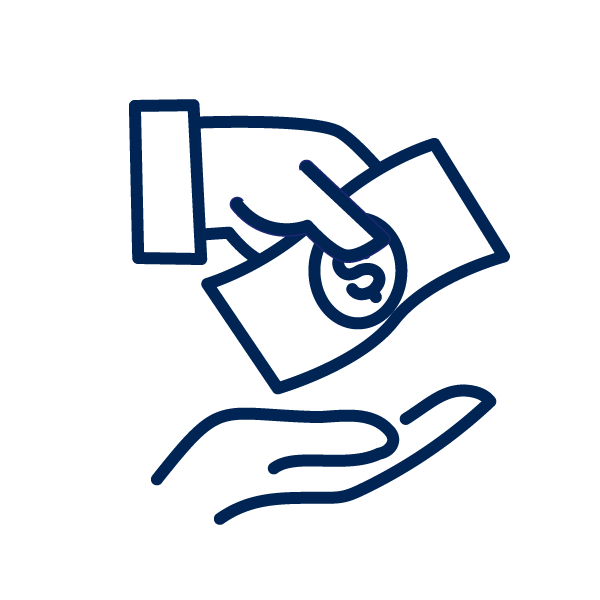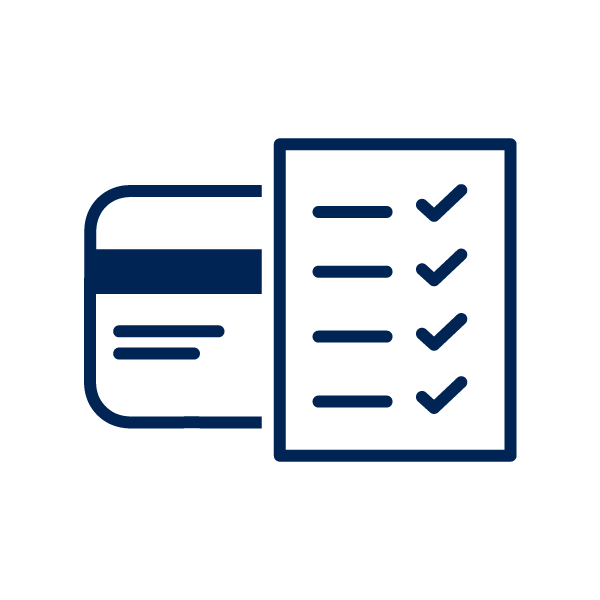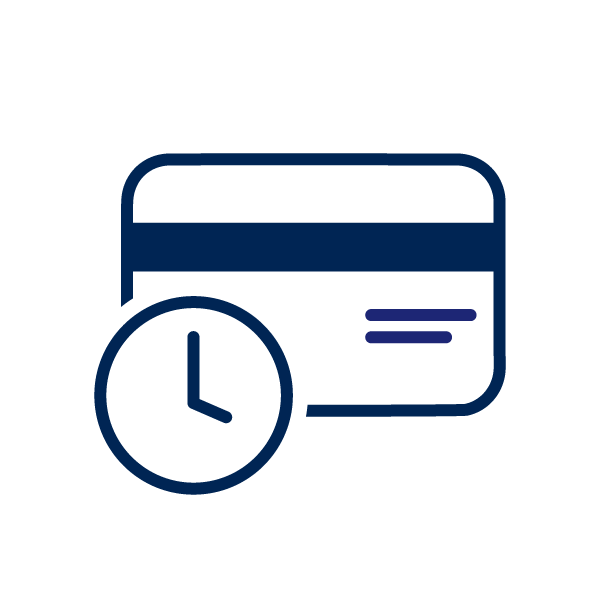If you’re in the market to purchase a new place, you probably already have a long list of things to think about. Where you’ll live, what the interest rates will be when it’s time to buy, saving for your down payment, and closing costs. While these things are important in the home-buying process, another significant factor you’ll want to consider is your credit score.
Credit Score noun
“A credit score is a number, generally between 300 and 900, that helps determine your creditworthiness. Credit scores are calculated using the information in your credit report, including your payment history; the amount of debt you have; and the length of your credit history.” 1
Equifax Canada
Why Do You Need a Strong Credit Score When Applying for a Mortgage?
Buying a home is usually one of the largest purchases someone will make in their lifetime and most purchasers will do so with the help of a lender, like a bank, credit union or independent mortgage financing company. Your credit score is one of the ways that a potential lender will be able to determine your ability to pay back any funds they lend you in the form of a mortgage.
The higher your credit score, the more likely you are to be approved for a mortgage and you’re more likely to get a better interest rate. Inversely, the lower your credit score, the harder it may be to be approved for a mortgage and the less favourable rate your rate will be. A lower interest rate on your mortgage is beneficial as it will mean you’re paying less in interest over the life of your mortgage, potentially saving you thousands of dollars!
What Does a Good Credit Score Look Like?
|
Poor < 559 |
Fair 560 – 659 |
Good 660 - 724 |
Very Good 725 - 759 |
Excellent 760+ |
A good credit score to buy a house in Canada is above 700. Typically, the minimum credit score to be approved for a traditional mortgage is between 650 to 680. If your credit score is lower, it doesn’t mean you won’t be approved for a mortgage, but you may need to consider alternative lenders and improve other aspects of your mortgage application. Increasing your income, making a larger down payment, or adding a co-signer could potentially help if your credit score is not quite within the ideal range.
How Do I Find Out What My Credit Score Is?
Before you start shopping around for mortgage rates, it’s a good idea to see what your current credit score and credit report look like.
Requesting your credit report is completely free through Equifax or TransUnion.
6 Ways to Improve Your Credit Score
Whether your credit score is great or could use some work, these tips should help you improve your credit score and improve your future mortgage prospects. Keep in mind though, it takes time to see a significant change in your score. But rest assured that your persistence and effort should pay off in the long run.
 |
Prioritize Your PaymentsKeeping up with your payments is a good indicator to lenders that you’re financially responsible and a good candidate for a mortgage. Whether it’s a utility bill, credit card or student loan payment, make sure to stay on top of your payments and always pay by the due date. Do your best to never miss a payment. If you can’t:
|
 |
Pay Off DebtCarrying large amounts of debt will have a negative impact on your credit score. Aim to pay off as much of your debts as possible to help improve your credit. Not sure how to sure where to start when it comes to paying down your debt? Try one of these 2 options. The “Snowball” Method: Take any additional funds you may have and completely pay off your smallest debt first then, move on to the next biggest one and so on. This method is great for those who are motivated by achieving a debt repayment goal quickly. The “Avalanche” Method: For this method, the goal is to pay off the debt with the highest interest rate the fastest while making just the minimum payments on any other debts. By paying down the debt with the highest interest, you’ll save more money by paying less in interest. Both options will help you reach your goal of paying off your debt. It all comes down to what works for you. |
 |
Limit Credit Inquiries and ApplicationsToo many credit inquiries or applications can put a dent in your credit score. Potential lenders may get the impression that you’re eager to take on new debt and may pose a risk as a borrower. Even checking your own credit score too frequently can make an impact.
|
 |
Focus on Credit UtilizationNot only will lenders look at how much credit or debt you have, but they’ll also look at how much you’re using overall. Think of it as your used credit versus your available credit. This is known as your credit utilization ratio. For example, if you have 2 credit cards each with a limit of $5,000 and you carry a balance of $2,000 on each, your total debt would be $4,000. Credit Available = $10,000 Aim to keep your credit utilization ratio below 30% to help improve your credit score. |
 |
Diversify Your DebtTaking on more debt than you need is never a good idea, but having a diverse mix of credit could actually work in your favour. Having different types of credit demonstrates to lenders that you can manage the various accounts responsibly. Types of Credit |
 |
Credit History MattersA long credit history with accounts in good standing is great for your credit score. It shows lenders that you’ve been able to handle credit well for a long period of time and is a good indication of future habits. If you can, keep your old credit cards active even if you don’t use them as often. Just make sure there are no additional fees for inactivity. |
By implementing these strategies and tips, you’ll have a stronger credit score that can help you get the mortgage and the home you’re looking for. When you’re ready to explore mortgage options, get in touch with one of our mortgage brokers who will be happy to help you with the process.




